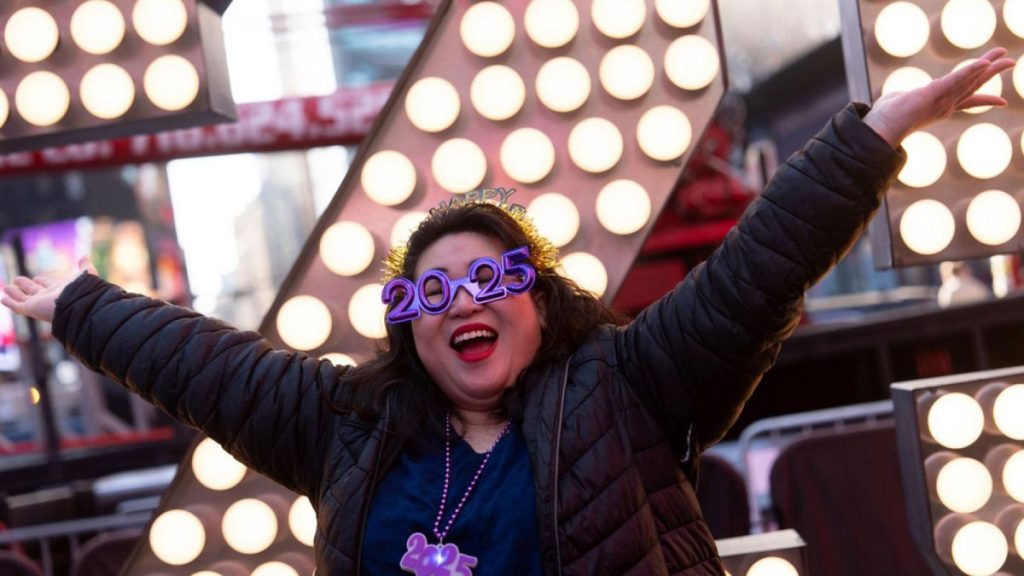Every European country has its own unique traditions for celebrating New Year’s Eve, with customs that range from grape-eating in Spain to wearing red underwear in Italy. In Portugal, the new year is welcomed with family and friends, with the tradition of wearing blue underwear for good luck. The midnight celebration involves eating one raisin for each of the twelve clock strikes, followed by a toast with champagne and watching fireworks. In Ireland, people enjoy a night of food, drink, and good company with friends and family, either going out to celebrate or staying in for a cosy evening with a feast, fireworks, and singing “Auld Lang Syne” at midnight.
In France, New Year’s Eve is known as “Le Réveillon de la Saint-Sylvestre”, and it is celebrated with a festive and luxurious dinner with gourmet foods like foie gras, oysters, and champagne. The midnight toast involves exchanging wishes for a happy new year with loved ones. In Hungary, the occasion is marked with festivities, parties, and gatherings, with the tradition of listening to the national anthem at midnight while clinking glasses of champagne. Traditional dishes include salty cakes, roasted pig, lentil soup, and sausage, with lentils eaten on New Year’s Day for luck and prosperity.
Italians have a custom of eating lentils and cotechino sausage at midnight on New Year’s Eve, symbolizing the hope for wealth and good fortune. Red underwear is also worn to attract luck in the coming year. In Spain, the tradition of eating twelve grapes at midnight for good luck is followed, with those hoping for love in the new year eating the grapes while crouching under a table. Red underwear is also worn for extra luck, and celebrations continue with fireworks and parties until morning. In Greece and Cyprus, a coin is placed in a traditional New Year’s cake called vasilopita, and the person who finds the coin is considered to be blessed with luck for the year.
In Germany, New Year’s Eve, or Silvester, is all about fireworks to scare away evil spirits, with the tradition of lead casting to predict the future and watching the British comedy sketch “Dinner for One”. Poland celebrates New Year’s Eve with parties, music, and dancing, with the tradition of making resolutions for self-improvement in the new year. Traditional Polish pastries called faworki, or “angel wings”, are also baked as a popular treat during festive seasons. Each European country has its own unique way of welcoming the new year, with customs that reflect their cultural heritage and beliefs.


